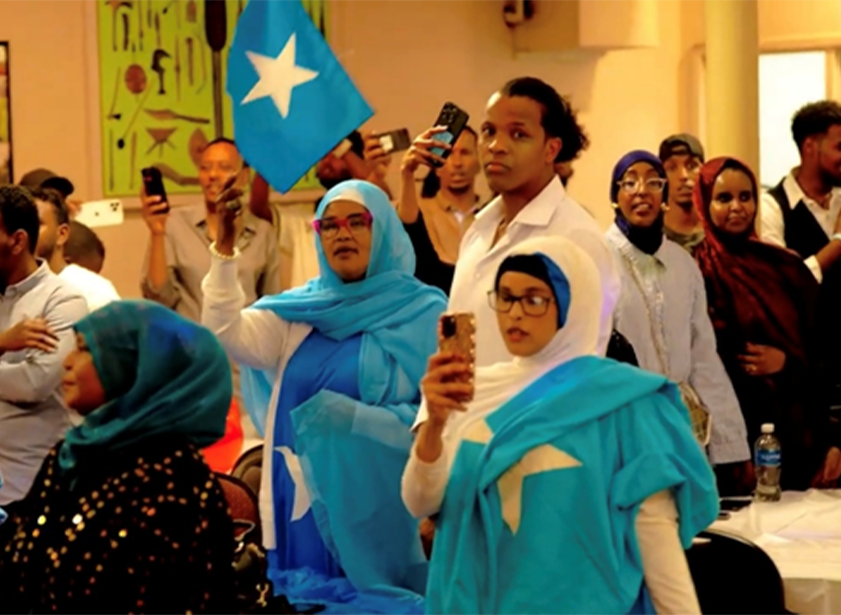The Somali community in Manitoba has grown into one of the most vibrant cultural groups in the province. Rooted mainly in Winnipeg, Somali-Canadians contribute to the economy, culture, and diversity of Manitoba while preserving strong ties to their heritage. Their journey reflects both resilience and the welcoming spirit of the Prairie Provinces.
Early Arrival and Settlement
Somali families first began arriving in Manitoba during the early 1990s, when Winnipeg became a destination for many newcomers fleeing conflict. Government resettlement programs and awareness films funded at the time supported Somali arrivals and helped ease their integration into Canadian society.
Over the years, Manitoba’s location has played a unique role. The province borders the U.S. state of Minnesota, and in recent decades, it has become a point of entry for many Somali families crossing from the United States. While some newcomers moved on to other provinces, many stayed in Winnipeg, building strong community roots.

Winnipeg as a Community Hub
Most of the Somali community in Winnipeg lives in Central Winnipeg, an area rich with Somali-owned businesses and cultural institutions.
One of the best-known spaces is the Somali Mall, located near the iconic Portage Place shopping centre. It offers groceries, clothing, and services that reflect Somali culture. Faith and food also play a central role in daily life. Mosques such as the Bilal Community Centre and halal shops like Maka-Almukaramah Halal Market serve as gathering places. Restaurants such as Waange Somali Cuisine bring families together over traditional dishes.
With these community anchors, Winnipeg has become one of the most important Somali hubs in Canada. It is estimated that tens of thousands of Somali families now call the city and surrounding region home, with numbers steadily increasing each year.
Services and Support
Newcomers continue to benefit from strong community support. Welcome Place, a well-known settlement organization, helps Somali and other refugee families adjust to life in Manitoba. Its services include housing support, employment training, and language programs. This resource has been vital in helping new arrivals establish a stable foundation in their new home.
Leadership and Contributions
Beyond business, Somali-Canadians in Manitoba are leaders in education, politics, and community service. Dr. Ahmed Hirad serves on the board of the Canadian-African Wellbeing Alliance, while Fowsiya Sheikh Ali works with federal MP Leah Gazan, representing Somali voices in political spaces.
Educators, entrepreneurs, and artists also contribute to strengthening Manitoba’s cultural landscape. Figures such as Macallin Askar, one of the earliest Somali arrivals, and Somali filmmakers have contributed to both cultural preservation and storytelling in Canada.